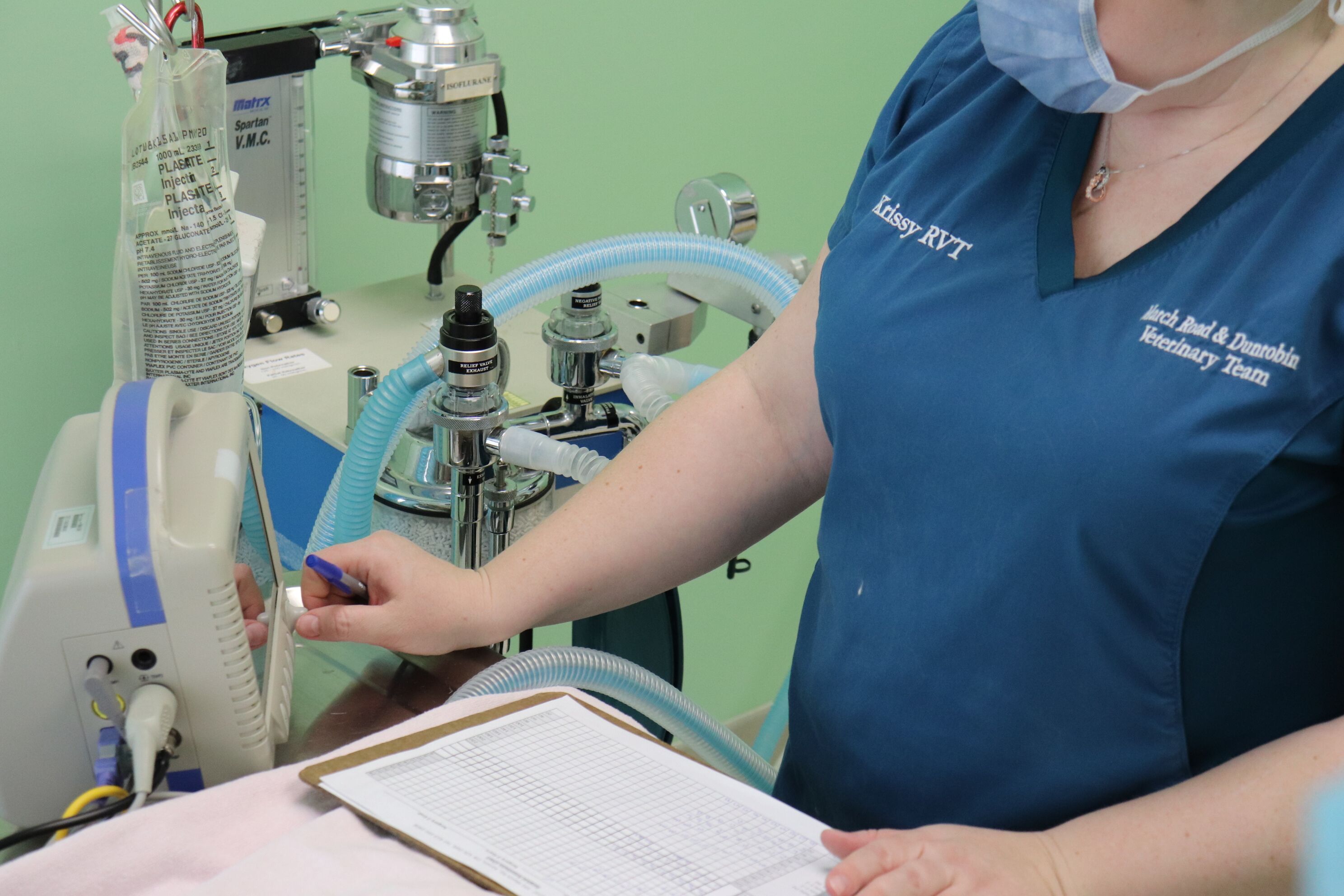Cruciate Repair
The cranial cruciate ligament (CCL) is an important ligament inside the knee (stifle) joints of dogs. In people it is referred to as the anterior cruciate ligament (ACL).
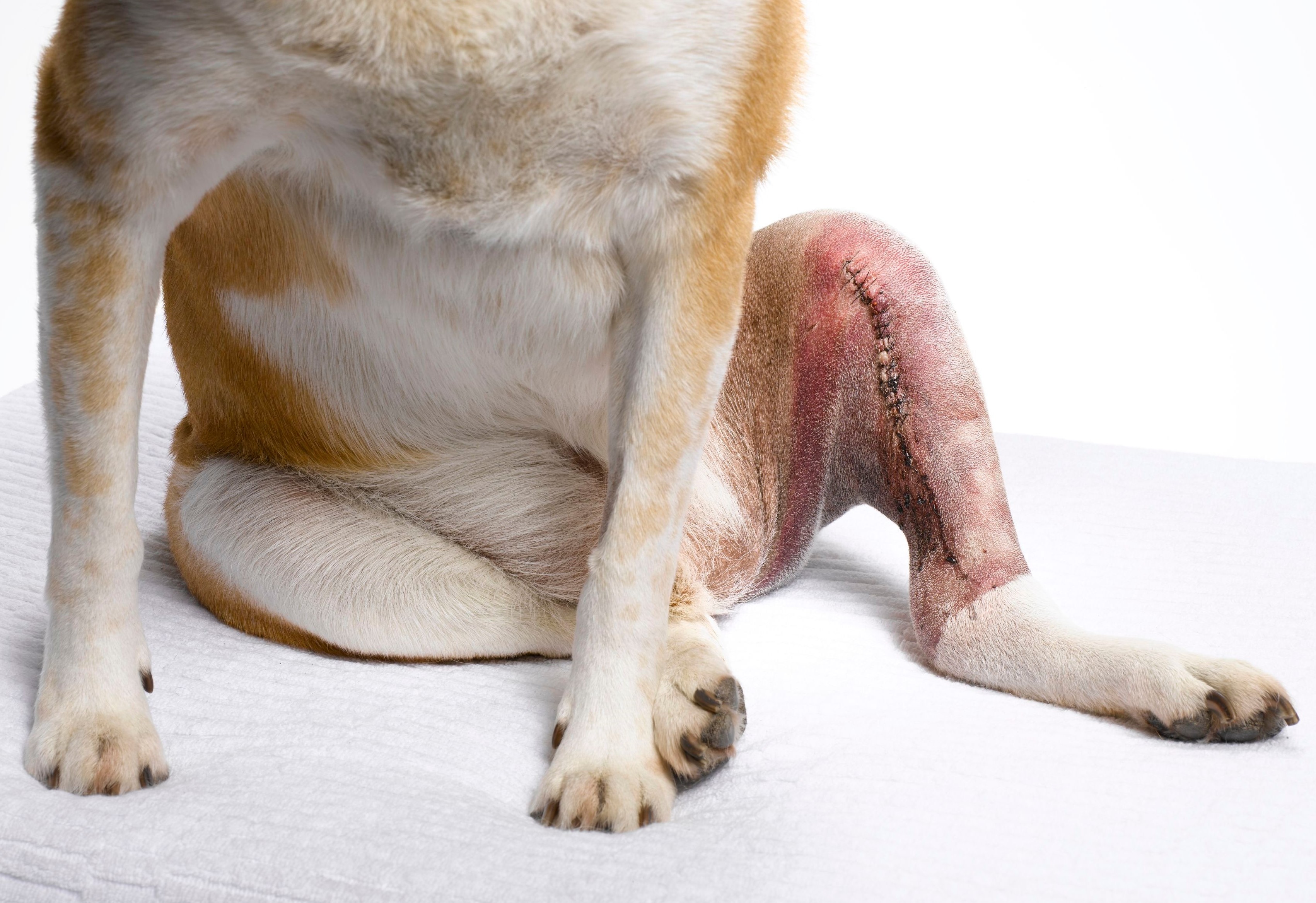
Spay/Neuter
Whether you’ve recently adopted a pet or you’re considering it, one of the most important health decisions you’ll make is to spay or neuter your cat or dog.
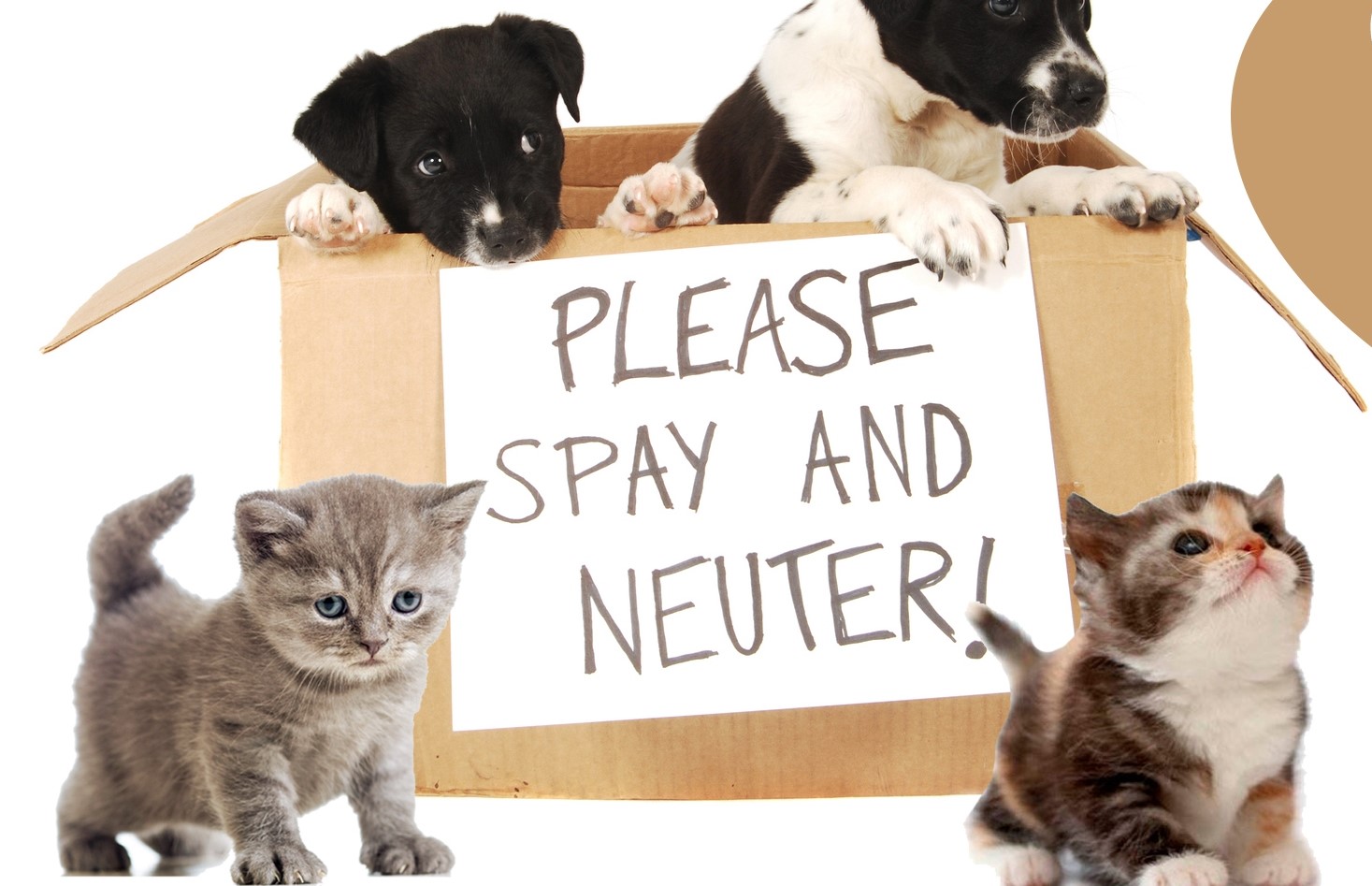
Dentistry
It usually starts when noticing that our pet has bad breath. This is often because of diseased teeth and gums in our pet’s mouths. The problem with dental disease is that it is life-shortening and painful for the pet.
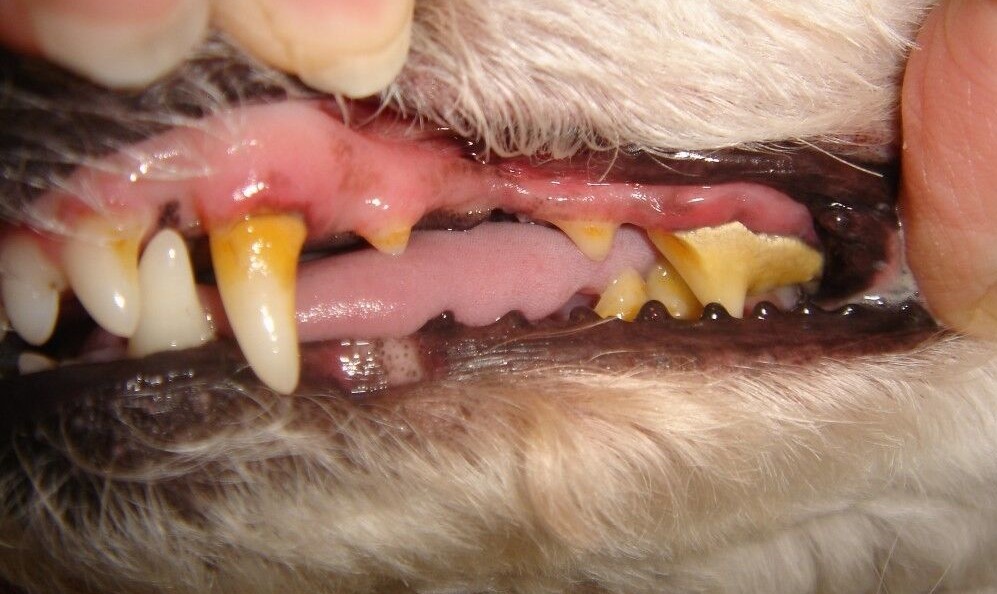
Mass Removal
Discovering a new lump on the body of your pet can be distressing. Many lumps are benign and do not need to be surgically excised, but some may be indicated for removal based on the tumour type, presentation, and location. Mass removal is one of the more common surgeries we perform and removal of malignant masses, especially in their early stages, can be curative and rewarding.
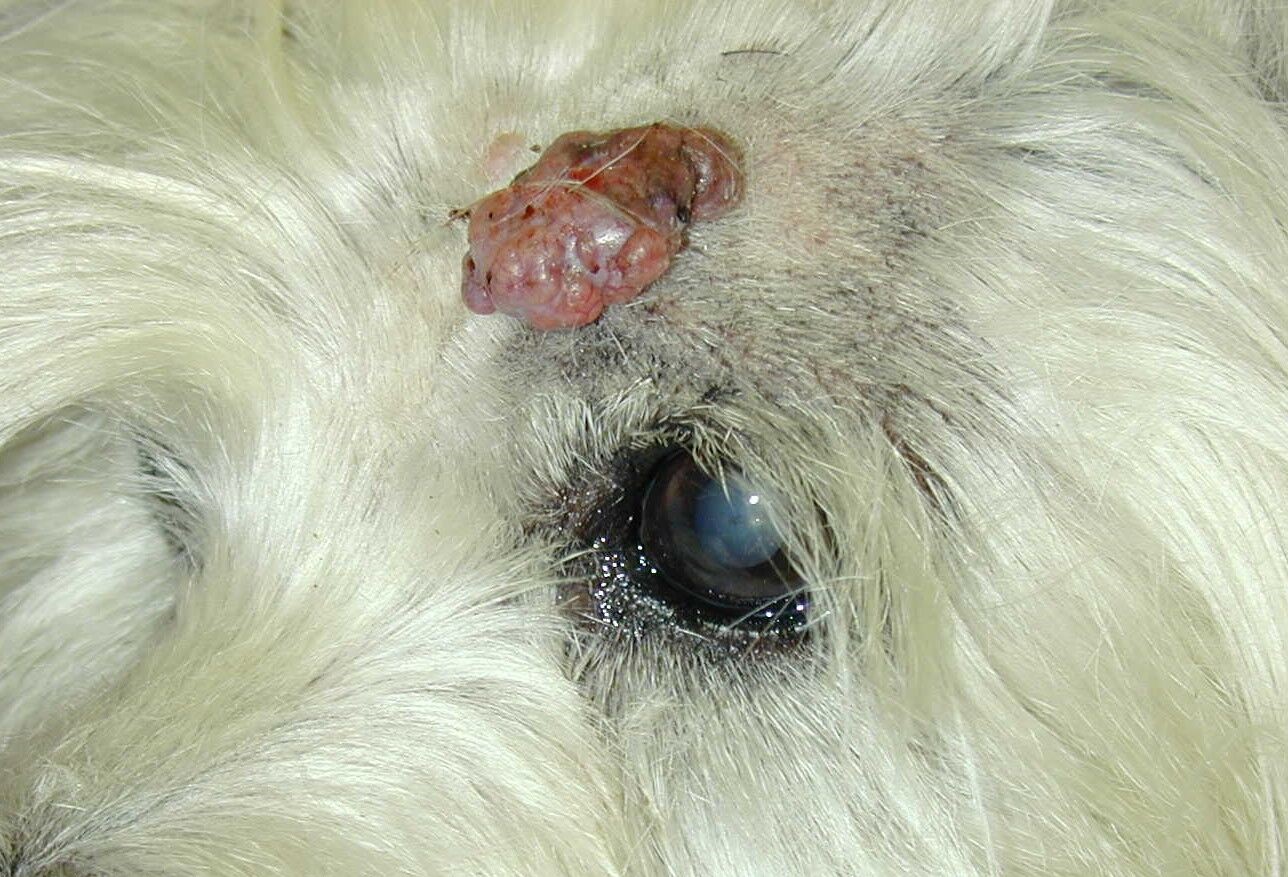
Cystotomy
A cystotomy is a surgical procedure that involves creating an opening in the wall of the urinary bladder. This type of procedure is used to treat a number of conditions but is also performed to diagnose a problem that other diagnostic tests did not reveal. We often perform a cystotomy to collect a biopsy, conduct an exploratory, or to treat an identified problem such as a tumour, bladder stones and urethral obstructions. Given that this is such a common procedure to remove stones and treating blocked cats, many reasons for urinary problems can often be avoided by ensuring your pet is on a proper urinary diet.
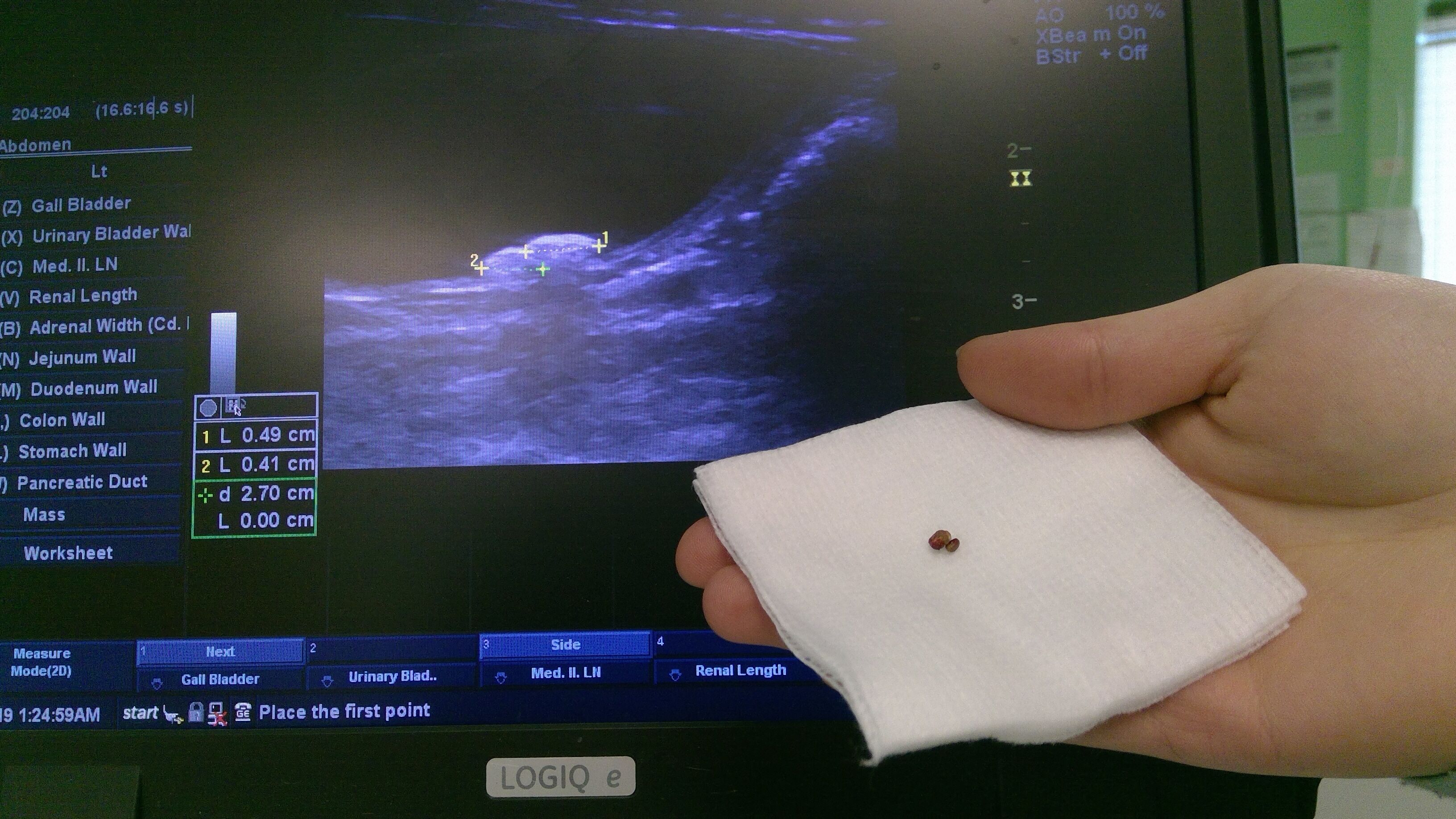
CO2 Laser
Carbon dioxide (CO2) lasers have become a standard of care for our surgical team. Delivering the ideal wavelength for all soft tissue surgery, CO2 lasers provide increased versatility and precision. As it cuts, the laser seals small blood vessels. This drastic reduction in bleeding enables a number of new surgical procedures that are not practical with conventional scalpel. It also seals nerve endings and lymphatics, resulting in less edema and pain. The patient experiences a far more comfortable post-operative recovery. Since it efficiently kills bacteria in its path, it also produces a sterilizing effect which minimizes the risk of infection.
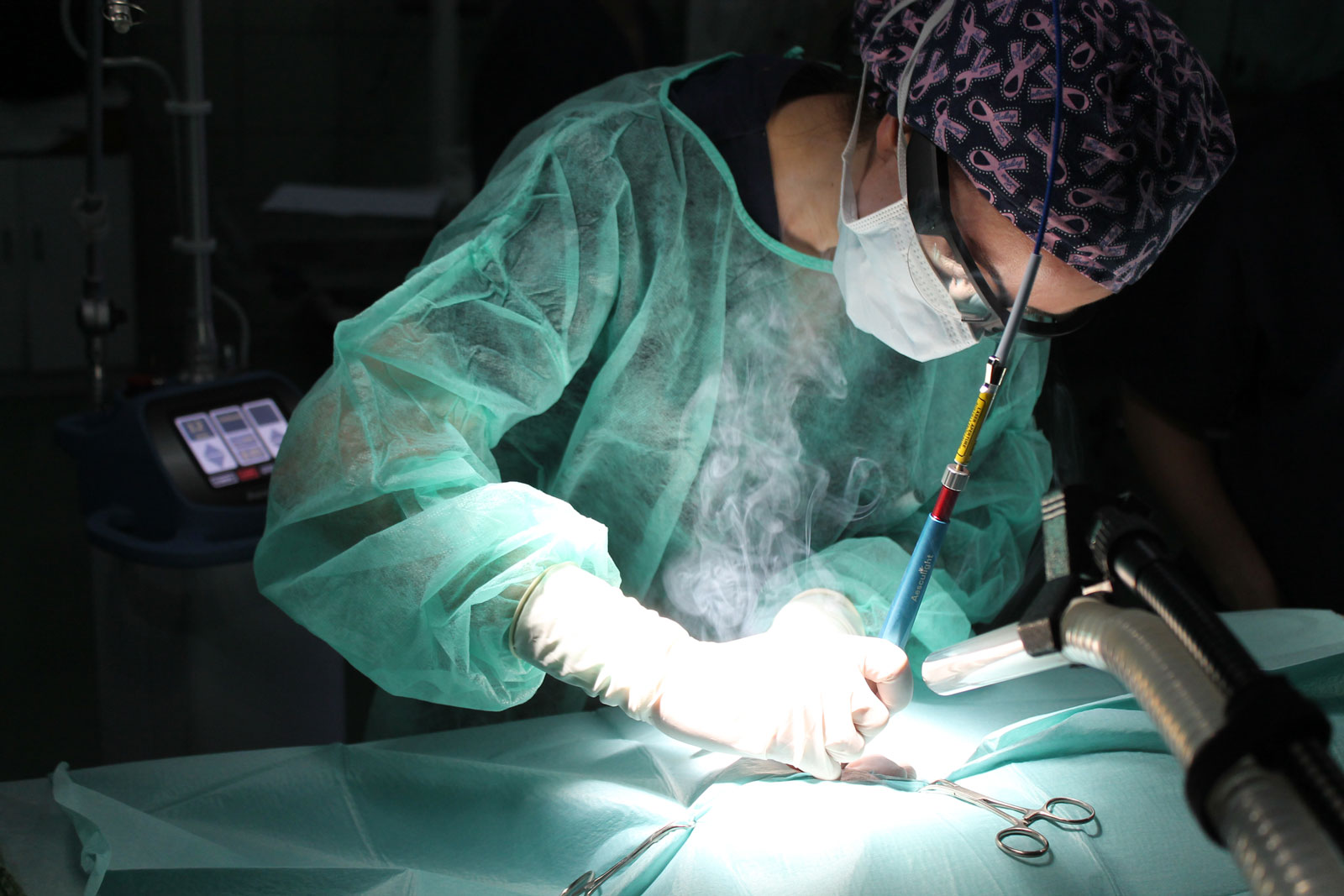
Abdominal Exploratory
A common procedure that is needed in a variety of situations is exploratory surgery. Whether your pet ate 17 socks, or is bleeding from an unspecified source, it is often necessary to gain surgical access to the abdomen to address the problem. Foreign body surgery is quite common, especially in growing puppies and kittens, as they are at an elevated risk of eating anything and everything.

Anesthesia & Monitoring
During surgery and other medical procedures, our team monitors all patients to ensure their safety. Some cases require general anesthesia, while others only call for local anesthesia or a quick sedation and reversal. Your pets heartrate, respiratory rate, blood pressure, and other vital signs are continually assessed to ensure their time under anesthesia is as safe as possible. To ensure that it is safe for your pet to have an anesthetic, we may recommend a blood profile evaluation be performed. This will provide us with information on internal organ function and help us determine an individualized anesthetic protocol. Safe and effective anesthesia provides for a faster, more comfortable, and pain-free recovery.
